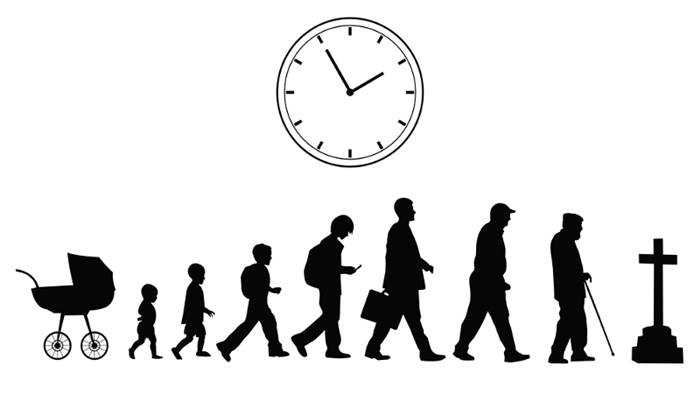Erik Erikson is the founder of Psychosocial Development Theory.He developed series of eight stages that shows development of a healthy human.He is extremely inspired by Sigmund fried.Here are His 8 stages are discussed.
Trust versus mistrust.
In the first year of life infants depend on others to feed, dress, and carry them about. Parents cuddle them, talk to them, and play with them, and these interactions determine the children’s outlook on life. If children’s physical and emotional needs are met, they will learn to trust the environment otherwise, they will become fearful and mistrust the people and objects around them.
2 Autonomy versus doubt.
In the second and third years children learn to walk, talk, and do things for themselves. Parental encouragement and consistency in discipline can help children develop autonomy and independence. But if parents are overprotective or inconsistent in their disciplinary techniques, or show disapproval when children do things on their own, children may become doubtful and ashamed.
3 Initiative versus guilt.
By ages 4 and 5, children are ready to roam about, to explore unfamiliar places, and to get to know new people. If parents encourage inquisitiveness and exploration of the environment, children will find it easier to use their initiative to go out on their own. But if parents inhibit such actions, children may develop guilt feelings whenever they try to take initiative.
4 Industry versus inferiority.
From about ages 6 to 11, children learn to manipulate objects and events by themselves. If encouraged, the child will develop a sense of industry, will enjoy solving problems and completing tasks, and will seek intellectual stimulation. Otherwise, the child will develop a sense of inferiority and will have to be bribed or cajoled to complete a task.
5 Identity versus role confusion.
Between the ages of 12 and 18, adolescents face the task of creating a sense of personal identity. To develop a sense of personal identity, they must integrate all that they have previously experienced. An adolescent who is unable to reconcile various roles in life into one identity may experience role confusion.
6 Intimacy versus isolation.
The challenge of early adulthood is to relate intimately to others. A person who fails to meet this challenge may feel isolated and alone in the world.
7 Generativity versus stagnation.
The challenge of middle age is to con- tribute to the world through one’s work, family, or other activities. A person who fails to meet this challenge may become self-absorbed or feel unproductive and worthless.
8 Integrity versus despair.
The challenge of old age is to put one’s life in perspective and find meaning in one’s accomplishments. A person who believes that life has been full of disappointments and failures may feel a sense of despair.

